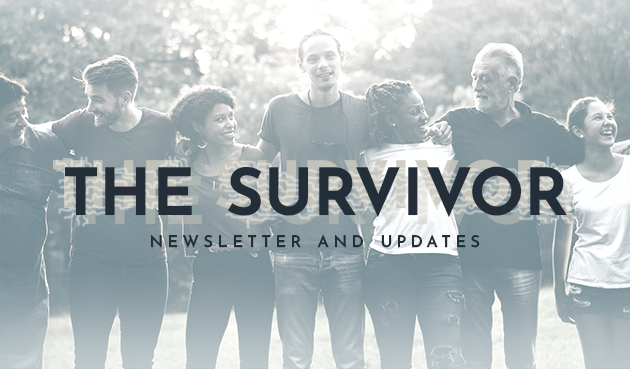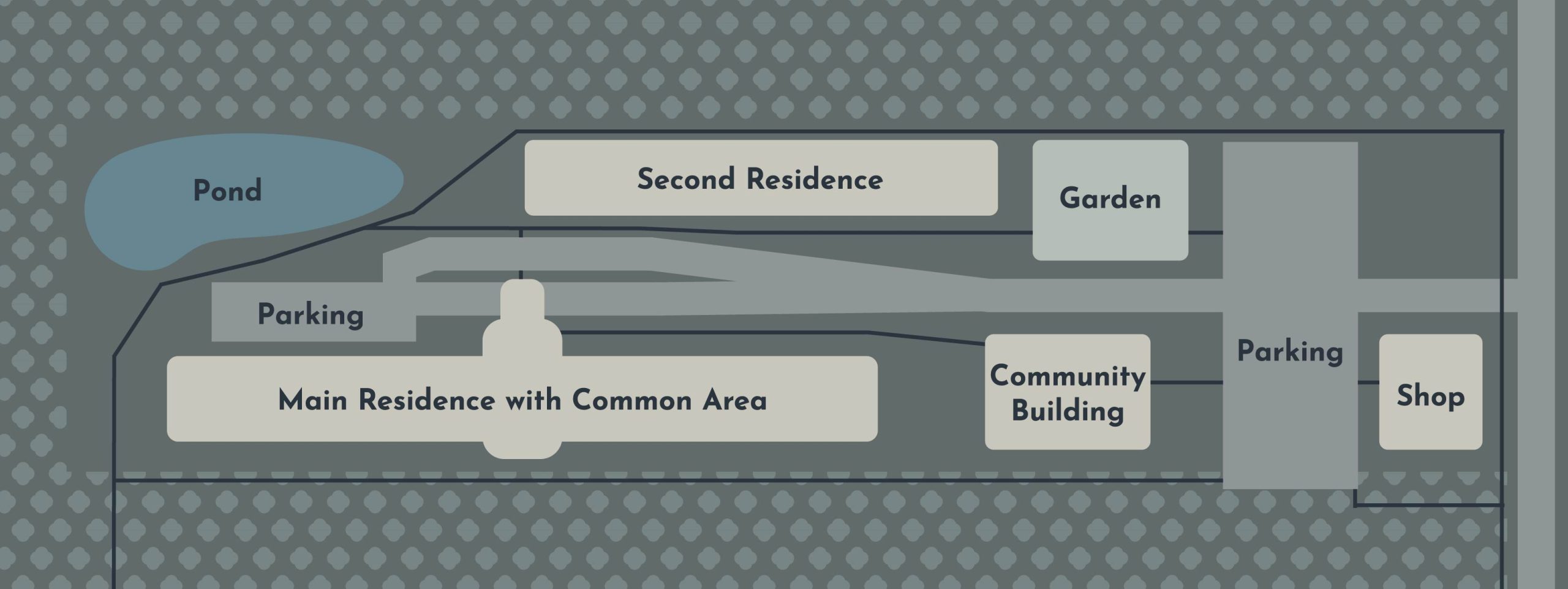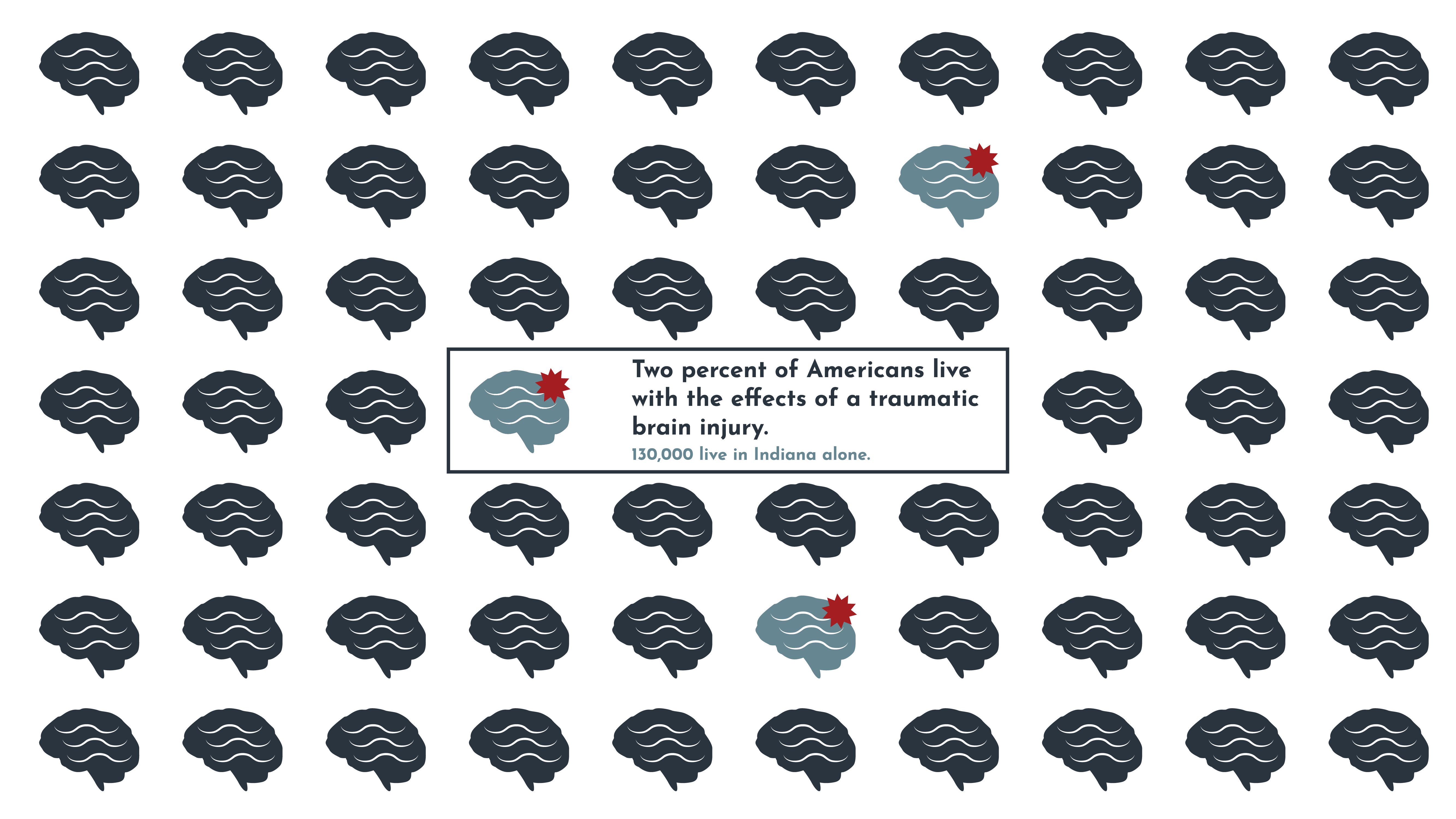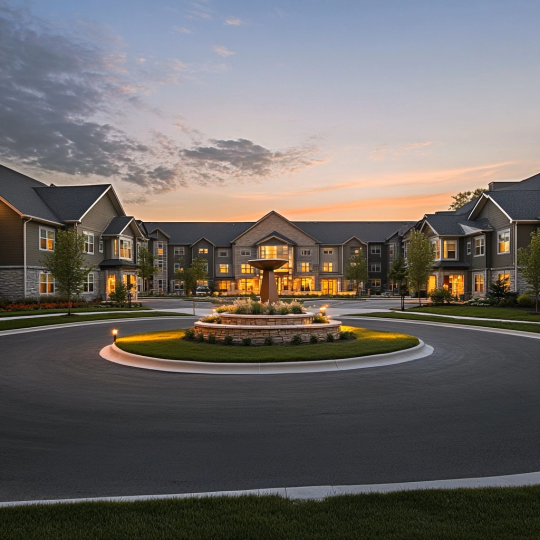Top 5 Things TBI Survivors Want You to Know
Recently a group of local TBI survivors were asked what they would like others to know about them and their experiences. Here are their top five answers.
-
More awareness is key
The most common answer amongst the young adults interviewed related to awareness. What a brain injury is and isn’t. How it changes a person’s life and what stays the same. Causes and effects, and so on. Brain injuries are often hidden disabilities, and what is hidden is frequently ignored.
-
A brain injury doesn’t change everything
Closely tied with awareness of brain injuries overall is wanting people to understand that a brain injury does not equal complete loss of cognitive abilities. While there are changes to cognitive functions because of the injury, TBI survivors would like others to know that not all is lost.
-
The need to be accepted and understood
The third level of Maslow’s hierarchy of needs encompasses love and belonging. All people share these needs and those with TBIs are no different. Not only do they seek acceptance, but also understanding. This comes from the awareness other people have of the nature of TBIs as well as the understanding that a brain injury doesn’t change everything. Each survivor is unique and wants to be understood and accepted as such.
-
We want to contribute to society
Also like everyone else, TBI survivors have a strong desire to contribute to society. They want to find meaningful work and feel as if they are needed. This is no different than anyone else looking to find their place in the world. The only difference is that people with brain injuries once thought their life was going in one direction. Whereas now they have to re-figure out how they will be useful and needed again post-injury.
-
We are the same as anyone else
The one overarching theme that ties everything together is the assertion that people living with a TBI are just like everyone else. And jumping off of that, they want to be treated like everyone else. Every human being has physical, emotional, social, and other needs. Everyone wants to be loved and everyone wants to love. Everyone has goals they are seeking to achieve and desires they want to fulfill in their lifetime. A TBI survivor is no different. Just like everyone else, they are deserving of respect and being treated with the dignity of any other person.
While TBI survivors are all unique individuals, they do share commonalities, both within the circle of other survivors and with people who have not had a brain injury. These are just the top five things a group of local survivors would like you to know about their lives and experiences.














